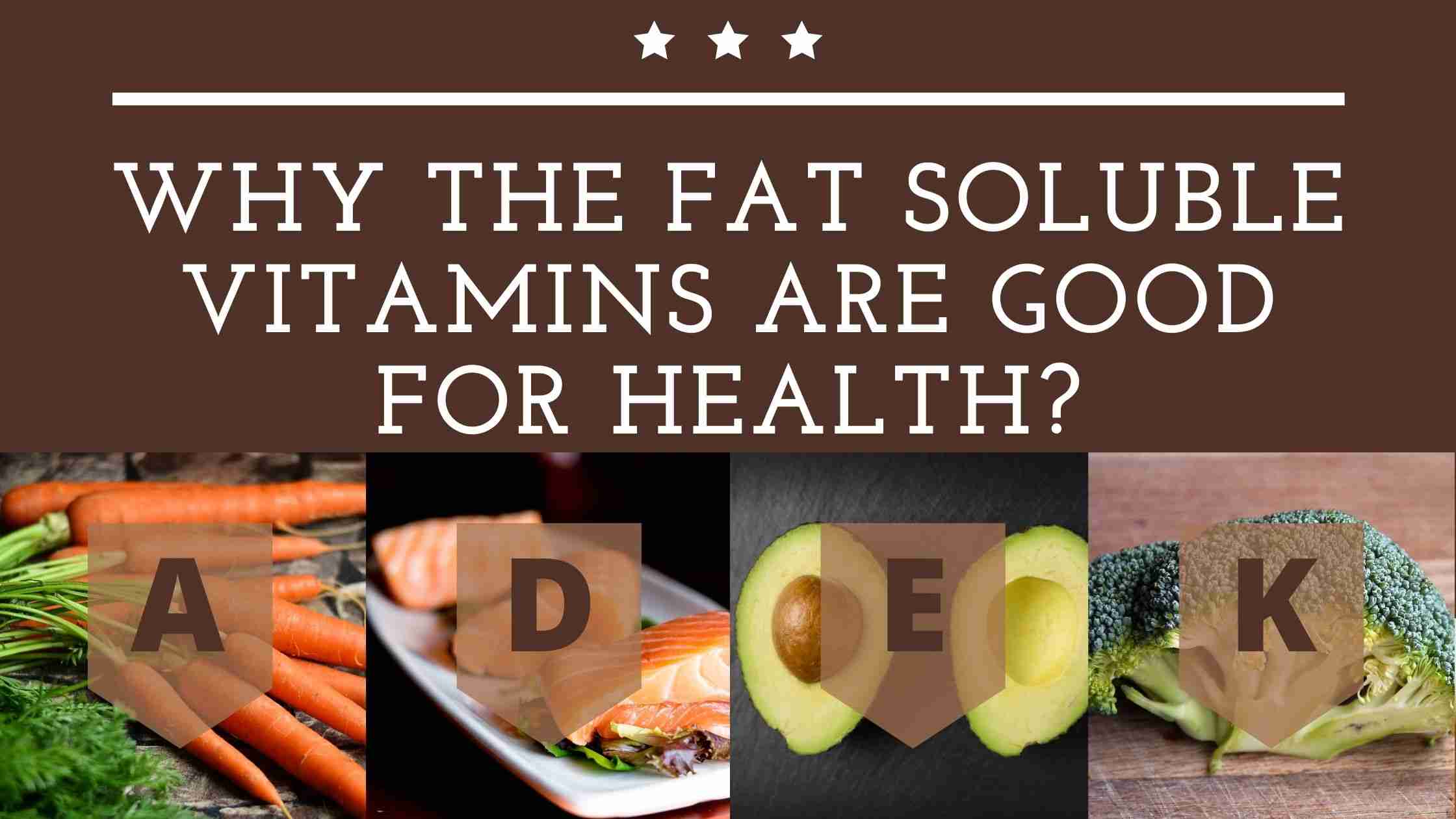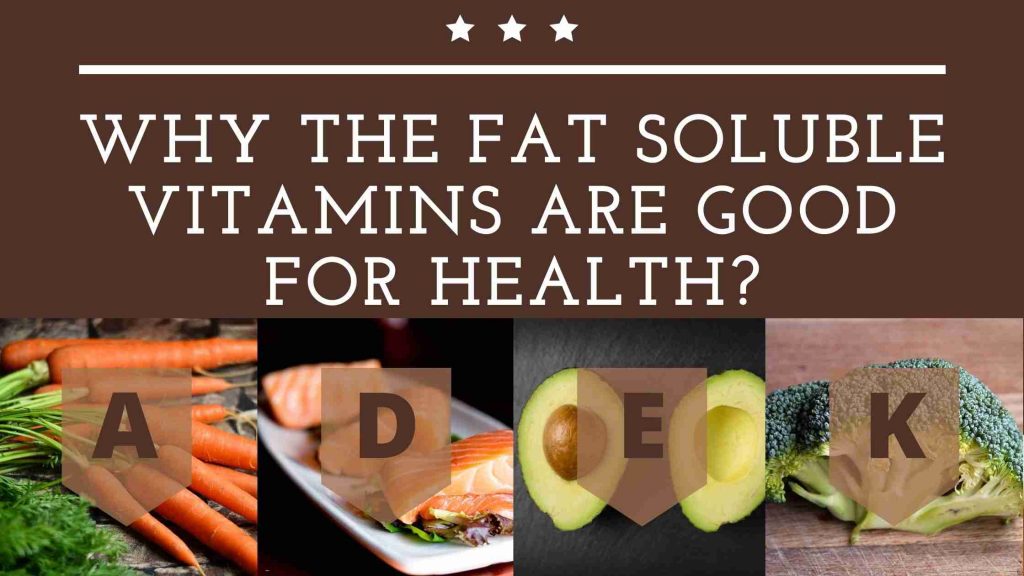
Most vitamins are important in one way or the other for fetal development and health, and the health of the pregnant mother.
Fat-soluble vitamins are essential as prenatal vitamins for pregnant women and needed for fetal development.
They dissolve in organic solvents and can be easily absorbed and transported within the body like fatty acids.
Fat-soluble vitamins are the popular vitamin A, D, E, K. Vitamin K for example is important in the synthesis of prothrombin and clotting factors, and help in the development of bone, body tissues and others.
As much as fat-soluble vitamins are very helpful during pregnancy, high doses of vitamin A, and D especially can have negative effects in the body.
Common symptoms of high doses of these vitamins are oxidative stress and bleeding, therefore,you should seek your doctor’s advice on dosage.
Fat-Soluble Vitamins for Pregnancy
The following are the fat soluble vitamins and their health benefits for pregnant women and possible risks when high doses are taken.
Vitamin A (retinol)
Vitamin A is particularly known for improving vision. For your developing baby, vitamin A can help in its early development of reproductive organs, excretory organs, and circulatory system.
Retinol is important in cell production and the development of good vision for the baby, bit can as well be contraindicated in pregnancy.
If you take high doses of vitamin A for a long period while pregnant, its excess would be stored in the liver and can have a toxic effect on the liver.
Vitamin A is available in foods and fruits such as egg, fish, milk, dark-colored fruit, carrots, dark leafy vegetables, beef, , liver, beef, and dairy products.
Vitamin D (Ergocalciferol)
Ergocalciferol is an important prenatal vitamin since it helps the baby to absorb calcium and phosphate necessary for the development of the skeletal structure, teeth and organs in the body such a kidney, liver,heart and others.
You should start taking Vitamin D from the second trimester till the last trimester; it’s very much important in the thrid trimester.
Vitamin deficiency can lead to abnormal bone development, preeclampsia, low birth weight, ricket, and even preterm birth.
Ergocalciferol also supports the immune system but you should consult your doctor on dosage since high dosage can cause complications as much as its deficiency.
Some sources of Vitamin D are butter, fortified milk, fish liver oil, cereals, cheese, yogurt, and fatty fish.
Vitamin E (tocopherol)
Vitamin E is an essential vitamin for the development of fetus.
Besides, helping to fight free radicals in the body system of the pregnant mum, it can also help in the development and maintenance of the baby’s placenta and blood vessels.
Vitamin E is also important in the building of the baby’s immune system.
Vitamin E is abundantly available in dark green vegetables, pawpaw, nuts, green beans, liver, kidney, mango, wheat germ, lettuce, margarine, and oats.
Vitamin K
Vitamin helps with blood clotting and prevent serious bleeding, and it’s important for pregnant women to take enough vitamin K as the fetus do not get enough of it during pregnancy and its deficiency can lead to vitamin K deficiency bleeding.
A pregnant woman should take between 75 to 90 micrograms of vitamin K daily to prevent bleeding in baby’s nose, intestines and brain.
Vitamin is also needed in the synthesis of certain proteins such as Prothrombin and Osteocalcin to help in tissue and bone development.
Rich sources of vitamin K are Kale, cooked mustard greens, cooked collard greens, raw spinach, natto, raw swiss chard, broccoli, avocado, blueberries, grapes.






